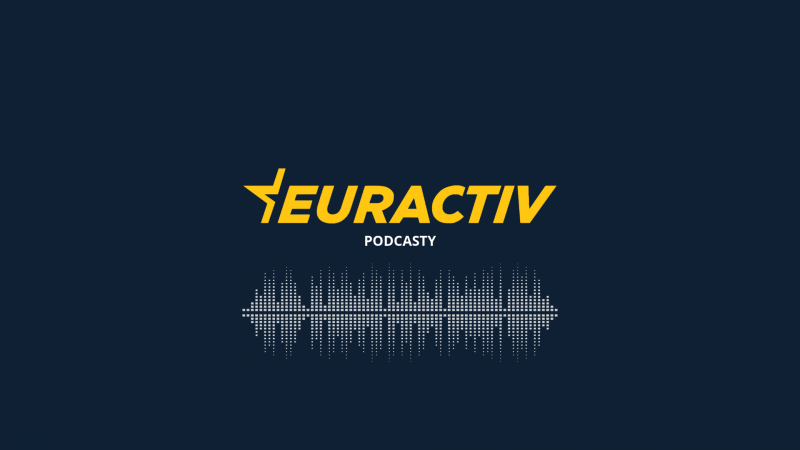- Category: Podcast
What do we know so far about how Slovakia envisages the future of the EU? Which themes resonate? Do we want radical changes or are we more cautious? And how do people in the regions see it?
- Category: Podcast
It cannot be expected that all households in Slovakia will live through the Conference on the Future of Europe. But it is an attempt to find answers to the huge challenges facing liberal democracy, says the new head of the European Commission Representation in Slovakia, Vladimír Šucha.
- Category: Podcast
Justice Minister Mária Kolíková supports the dialogue with Poland and Hungary. However, she also believes it is legitimate for countries not to approve recovery plans. MEP Michal Šimečka believes that the European Commission should be stricter and that the countries will not leave the EU. However, Vladimír Šucha, the new head of the Commission's representation, disagrees. According to him, opinion polls cannot be relied on.
- Category: Podcast
The ambition of the new plan being prepared by the bloc is to set up common responses to threats in the external environment. At the same time, it wants to improve collective capabilities, set clear objectives and ensure greater cohesion within the EU.
- Category: Podcast
In the North Atlantic Treaty Organisation, preparations continue for the Allies' second most important document, the NATO Strategic Concept. The Secretary General's role in this process is "to bring the member states to a compromise that each of them can sign up to," says BARBORA MARONKOVÁ. Disagreements between allies, she says, "are not a modern phenomenon" and are not at all counterproductive.




